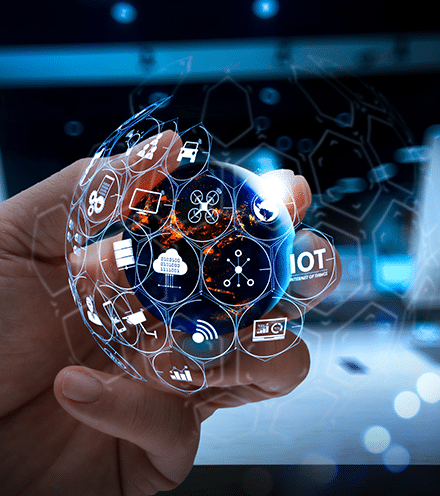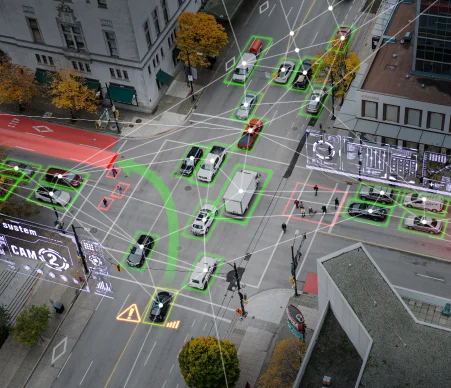S
- Sandbox Environments
- Secure Coding Practices
- Security Automation
- Security Awareness Training
- Security Champions
- Security Information and Event Management (SIEM)
- Security Orchestration
- Security Posture
- Shift-Left Security
- Smart City
- Smart Home
- Smart Manufacturing
- Smart Meters
- Smart Products
- Smart Spaces
- Software as a Service (SaaS)
- Software Composition Analysis (SCA)
- Software Defined Networking (SDN)
- Software Development Life Cycle (SDLC)
- Static Application Security Testing (SAST)
- Structured Data
Smart Products
Simple Definition for Beginners:
Smart products are physical devices or appliances embedded with sensors, connectivity, and digital capabilities that enable them to collect data, communicate, and perform automated tasks.
Common Use Example:
A smart thermostat adjusts the temperature based on occupancy patterns and weather forecasts, optimizing energy usage and comfort.
Technical Definition for Professionals:
Smart products, also known as connected devices or IoT devices, incorporate advanced technologies such as sensors, wireless connectivity, and embedded software to enhance their functionality and usability. These devices can interact with users, other devices, and cloud-based services, enabling automation, remote control, data collection, and analysis. Examples of smart products include smart home devices (e.g., smart speakers, smart lights), wearable technology (e.g., fitness trackers, smartwatches), connected cars, industrial IoT devices, and consumer electronics with built-in intelligence and connectivity features.
Smart Products

